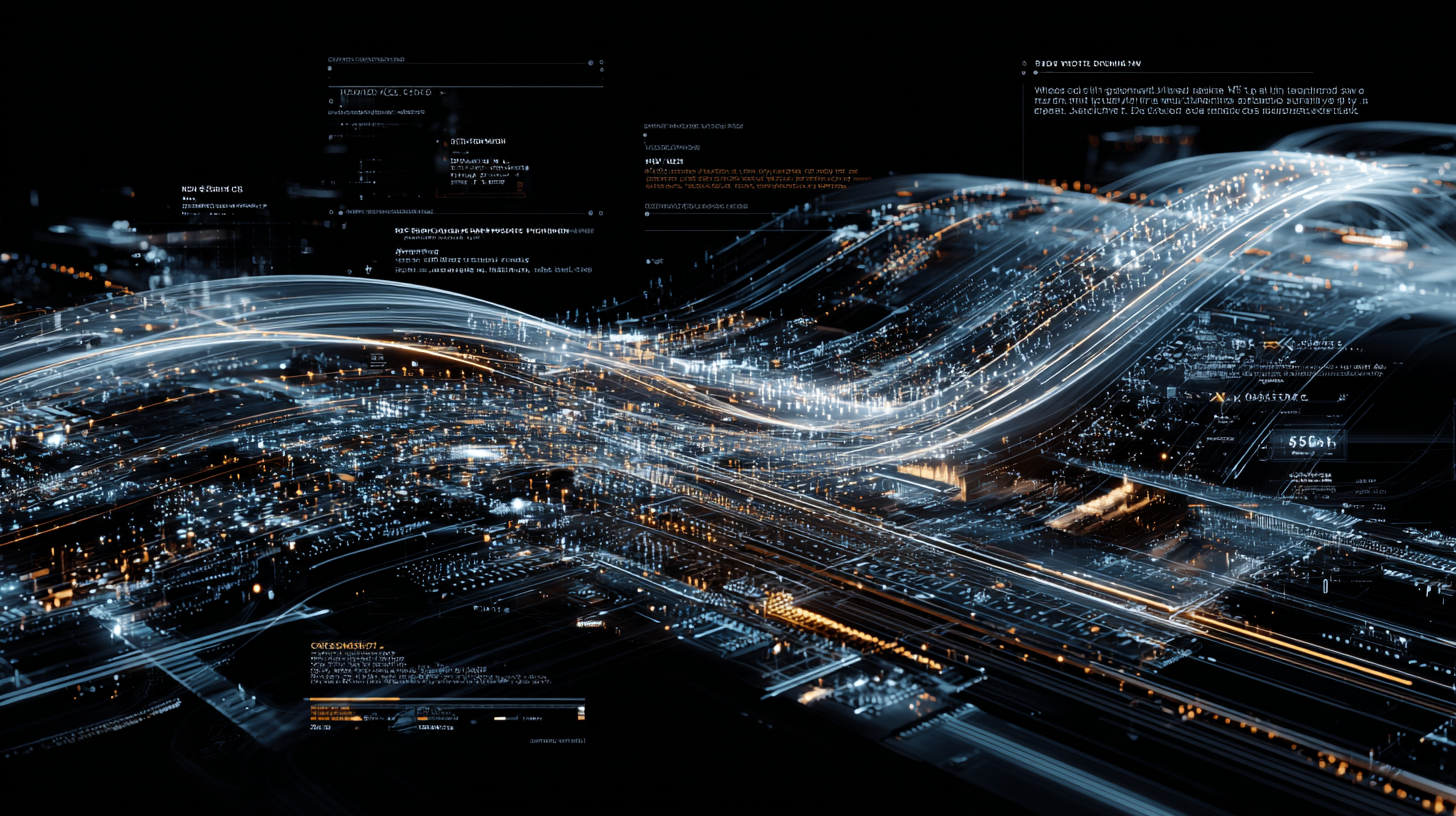How is Google changing because of AI and GEO?

October 2, 2025
Category:
SEO vs AI
Google has had a significant impact on the world of online search and advertising for a considerable period of time. Recent changes within the company have been heavily influenced by the rise of artificial intelligence (AI) and the growing importance of geolocation technologies (GEO). These two factors are not only shaping Google’s strategic direction but also fundamentally altering its position in the digital market.
Artificial Intelligence’s Influence
Google has been a trailblazer in integrating AI into its search functions. Search results now take into account not only specific keywords but also context, user behavior, and intentions. Through machine learning, the system can understand meanings even in vague queries.
The influence of AI extends to how people interact with search tools. AI-driven voice assistants, personalized recommendations, and intelligent responses are now commonplace. Google is also advancing in generative technologies that can create text, visuals, and tailored suggestions, making the search experience more interactive and akin to consulting a virtual advisor.
For businesses, this shift requires a move away from traditional SEO techniques towards optimizing content for semantic models and focusing on high-quality content.
Geolocation as a Driver of Personalization
The importance of GEO cannot be overstated. The trend of users searching for nearby services and products with queries like “near me” has been increasing, leading Google to improve local search results. Algorithms now take into account precise location details, navigation routes, and even daily habits.
Google Maps and similar services have become powerful marketing tools for local businesses, allowing restaurants, shops, and service providers to increase their visibility among nearby audiences. GEO enhances the accuracy of ads and boosts conversion rates.
This trend benefits users by providing easy access to relevant local deals through a simple map search or quick query. However, for companies, it presents the challenge of managing their reputation, reviews, and accurate business information.
The Combination of AI and GEO
The most significant changes occur at the intersection of AI and GEO. AI analyzes user interests and behavior, while GEO adds temporal and spatial context. For example, Google can suggest a restaurant not just based on ratings, but also taking into account individual preferences and current location.
This personalized approach improves the precision of search results but also increases competition. Success now relies less on advertising budgets and more on smart data usage, content creation, and enhancing customer experience.
Google is evolving rapidly under the joint influence of AI and GEO. This evolution leads to improved convenience, personalization, and time savings for users, while businesses encounter new challenges and the need to adapt. The future of search is moving towards greater intelligence and localization. Companies that align with this changing landscape can gain a competitive advantage, while those that resist risk becoming obsolete.
Other posts from the category
-

Does AIO violate search engine guidelines?
February 3, 2026
-

What determines which websites appear in AI-Generated results
November 28, 2025
-

Why GEO isn’t SEO – but the next stage in search evolution
November 26, 2025



